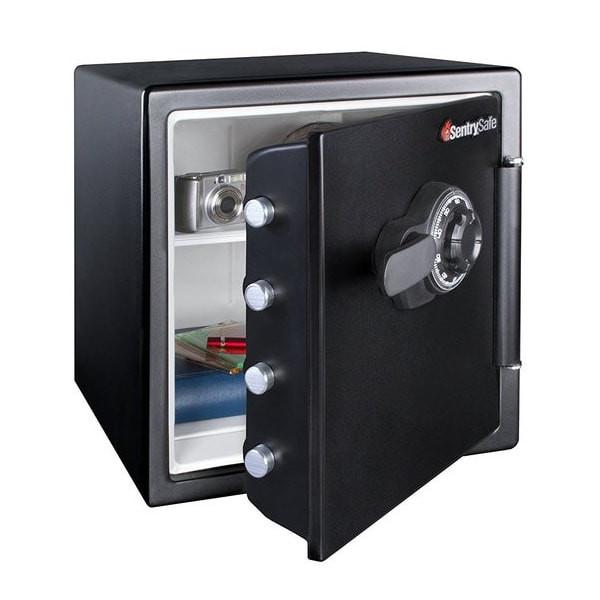Do Casinos Benefit Local Economies?

Although casino gambling was basically nonexistent in the United States before 1980 except for Nevada and Atlantic City, NJ, it has grown considerably since then. To date, nearly 30 states have legalized casino gambling, and others are seriously debating whether to make it legal. There are many opinions both for and against casino gambling, but the people who support it have many economic reasons for doing so.
The American Gaming Association released its first ever economic impact report on the impact the industry has on the U.S. economy, and the numbers are impressive.
According to the report, the casino gambling industry accounts for:
- direct employment of 570,000 people, with a total jobs impact of 1.7 million (including nearly 200,000 government jobs);
- revenues of $81 billion in 2013, including $30 billion from Native American casinos;
- $38 billion in taxes paid;
- $102 billion in direct economic impact, plus another $138 billion in indirect impact, from employees spending their money in the local economy (this is without adding in the revenue from casino construction that also impacts the local economy).
When you add everything up, including all the money spent by employees locally, the casinos account for more money than the airline industry in terms of total jobs, says the American Gaming Association. Some other bright spots in the report are that labor income for the casino gambling industry is now at $25.5 billion, and that consumer spending on gambling has risen to a historic high of $67 billion.
Numbers like that make state legislators salivate at the prospect of allowing casinos to operate in their municipalities. Especially in poorer areas, the idea of all that money flowing into the local economy is irresistible. There are also some examples of casinos bringing an economic ray of sunshine to a poor area, for sure.
In Mississippi, the legislature legalized gambling to promote development in the poverty stricken Mississippi delta. Tunica County, situated along the Gulf Coast, was an economic disaster area, the poorest county in Mississippi, which was the nation’s poorest state.
Since gambling was made legal in 1990, the welfare rate in Tunica County fell by a third and the proportion of people receiving food stamps also fell. The average annual salary of a Tunica County resident went from $12,700 in the early 1990s to $26,000 in 2004, according to the Mississippi Employment Security Commission. The county had just 2,000 jobs in 1992, but that rose to almost 17,000 jobs by 2005, according to the security commission. Unemployment fell to about one-half what it was in the pre-casino days.
But that’s not all. Tax revenue skyrocketed to more than $250 million a year, even the year when Hurricane Katrina forced the Gulf Coast casinos to close for four months.The increased revenue flowing into Tunica County has translated into large capital projects that have benefited the local residents, including:
- a 48,000-square-foot Arena and Expo Center, which hosts more than 200,000 visitors every year for trade shows and other events. Built in 2001 for $24 million, it has already undergone a $5 million expansion;
- a RiverPark complex with a museum, aquarium, nature trail and a deck overlooking the Mississippi River. The $26 million RiverPark has more than 50,000 visitors a year;
- an airport, which serves charter flights with passengers from a dozen states;
- an expanded county library, at a cost of $1.5 million;
- a golf and tennis center, and a recreation complex with a 38,700-square-foot sports complex that has an eight-lane swimming pool, basketball courts, a boxing ring and a workout facility.
On the negative side of the ledger, there have been complaints that the crime rate has risen in Tunica County, and that some casino jobs have gone to people from outside the state. There is also the possibility ofHowever, on balance, it seems that Tunica County has benefited greatly from the presence of casinos. County officials call their story “The Tunica Miracle”, and it certainly does seem to offer a ray of hope to impoverished areas.
Are casinos right for every area? Not quite. For every “Tunica Miracle” there are stories of towns or cities that have not seen the same economic benefits, with more of the negatives (crime, damage to local businesses, money flowing to outsiders, etc.). However, casinos definitely have proven to boost local economies, if there is smart planning and implementation involved in their development. This includes a campaign to encourage responsible gambling, and to offer help for anyone who has a gambling addiction. One thing for sure is that gambling and casinos are here to stay.




Leave a comment